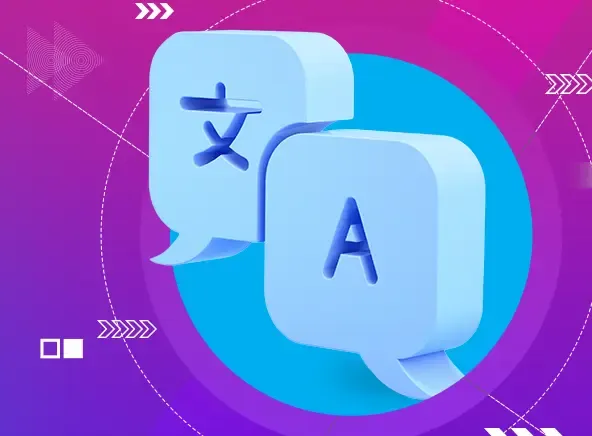
Improving Translation Performance Through Digital Transformation
Table contents
Are your translation efforts hurting your product or growth goals?What are multinationals doing now to improve their performance in translation?What are the key benefits of digital transformation in translation?What Should I Do Next?Are your translation efforts hurting your product or growth goals?
Inefficient translation services can hamper your ability to meet your speed to market goals. Even if you’ve perfected your product, you won’t be ready to release it to a global customer base until you’ve translated and localized all your communications—from marketing collateral and product descriptions to internal sales documents—into potentially dozens of languages.
Obtaining translated content can be challenging, costly, and time-consuming for multinationals. It often requires liaising with several firms that translate a select few languages, which can cause inefficiencies, poor spend visibility, complex pricing models and serious security concerns.
However, the biggest risk is the missed opportunity to win new customers and secure market share by breaking into a new market before competitors.
Can the rise of progressive technologies such as AI-driven RPA (Robotic Process Automation), AI automations like speech to text, machine learning, and API related advancements remove roadblocks from translation and enhance your speed to market?
In short, yes it can.
What are multinationals doing now to improve their performance in translation?
We have seen MarTech radically transform the marketing sector in the past 10 years and the translation technology is rapidly following suit.
Here are the key trends outlined in some more detail:
Supplier Consolidation
Rather than depending on multiple translation vendors that often fall short, multinationals are consolidating their supplier bases, choosing just one that matches their broader business strategies.
Supplier-Led Innovation
Some suppliers embrace innovation and technological development and align themselves strategically with their enterprise clients. Working with these suppliers can result in dramatic benefits for your business.
Translation Process Audit
Many companies are auditing their translation processes, people, and technology to uncover improvements and savings. Switching to best-of-breed technology that evolves alongside your organization helps you capitalize on the value generated and let your team focus on strategic goals.
Data-Driven Decisions
As data-driven innovation now plays a key role in business growth, many organizations are implementing better data capture and analytics processes to give them oversight and insight into their translation projects, linguists, project managers, and validators.
Security Enhancements
Keeping data safe and secure is crucial, which means that businesses can’t afford to ignore security risks in existing translation processes.
What are the key benefits of digital transformation in translation?
Consolidating, auditing, and improving your translation services can have significant advantages for your organization. By using powerful translation software that utilizes billions of data points, AI, smart algorithms, machine learning and Translation Memory functionality, you can:
- Achieve faster turnaround times
- Increase productivity
- Measure your translation performance
- Lower your translation costs
- Improve spend visibility and transparency
- De-risk with better security measures
- Gain insight into your team’s efficiency and effectiveness
- Future-proof your localization with billions of data points
In 2020, IBM, the world leader in artificial intelligence, chose Straker as their primary Language Services Provider and we are working together to future-proof their global communications using our innovative technology stack, Ai-Powered RAY and IBM Watson’s NLP engine.
What Should I Do Next?
Auditing your translation performance to modernize your approach is fast becoming a necessity. To remain competitive, you need to hit aggressive speed to market goals. If you don’t want delays via outdated processes, fragmented technology or lack of automation in translation to slow you down, now is the time to benchmark and determine what areas you need to improve upon.